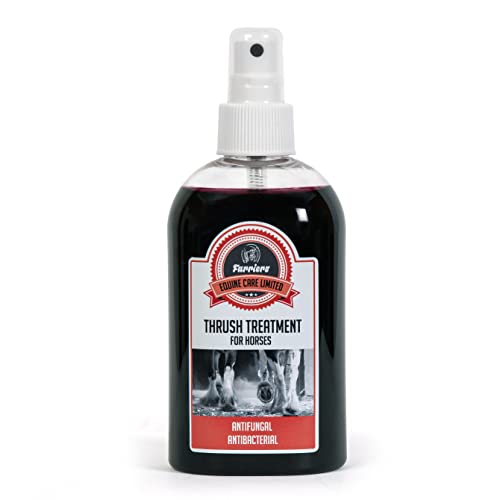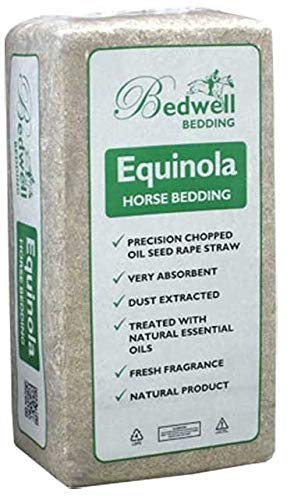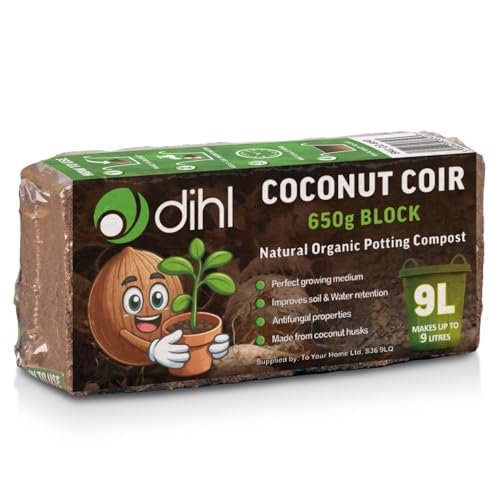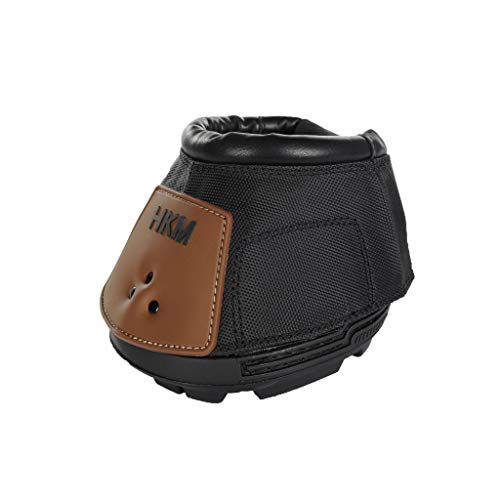Understanding Horse Thrush: Causes and Symptoms
What is Horse Thrush?
Horse thrush is a common condition that affects a horse’s hooves, particularly in the frog area, which is the V-shaped structure on the underside of the hoof. It’s primarily caused by bacterial infections that thrive in damp and dirty environments. Horses that are kept in wet conditions or have poor hoof hygiene are more susceptible to this ailment.
Identifying the Symptoms of Horse Thrush
When our horses develop thrush, we may notice various signs. A foul odour emanating from the hooves is often the first indication. Additionally, we might see black, necrotic tissue in the affected area, which can lead to discomfort or even lameness if left untreated. It’s crucial to be vigilant, as early detection can make a significant difference.
Top Horse Thrush Remedies Reviewed
Antiseptic Solutions
One of the most straightforward treatments for horse thrush is the use of antiseptic solutions. These products typically contain ingredients that help kill bacteria and promote healing. Applying these solutions regularly can keep the thrush at bay, especially when addressing a mild case.
Hoof Ointments and Pastes
There are several hoof ointments designed specifically for treating thrush. These ointments create a barrier that prevents moisture from seeping in while delivering potent antibacterial properties to combat the infection. Applying these pastes to the affected areas after cleaning the hooves can accelerate recovery.
Natural Remedies
For those who prefer a more natural approach, remedies such as tea tree oil or apple cider vinegar diluted with water may be effective. These solutions not only possess antibacterial qualities but also encourage a healthier hoof environment, making them excellent options for prevention and treatment.
How to Choose the Right Horse Thrush Remedy for Your Needs
Evaluate the Severity of the Case
Before selecting a remedy, we need to assess the severity of our horse’s thrush. Mild cases that are caught early may respond well to antiseptic washes or simple hoof care routines. However, more severe cases may require stronger treatments, such as specialized hoof ointments or veterinary intervention.
Consider Our Horse’s Environment
It’s essential to think about where our horse lives. If they are in consistently wet conditions or have limited access to dry areas, we may want to choose a more robust remedy alongside preventative measures. This could involve using long-lasting ointments that protect the hooves from ongoing exposure to moisture.
Allergies and Skin Sensitivities
When choosing a horse thrush remedy, we should always take into account any known allergies or sensitivities our horse may have. Opt for products that are marked as hypoallergenic or consult our veterinarian if we are unsure, ensuring our horse remains comfortable while we treat the thrush.
Tips for Prevention and Care
Maintain Hygiene
Regular hoof care is vital for preventing thrush. We should clean our horse’s hooves daily to remove any debris, dirt, or moisture buildup. Consider scheduling professional hoof trimming every six to eight weeks to keep hooves in good condition.
Control Moisture Levels
If our horse lives in a wet environment, we need to take steps to reduce moisture exposure. This could involve providing dry, well-drained turnout areas or investing in a good quality hoof care product that creates a barrier against moisture.
Monitor for Early Signs
Being proactive is key to preventing thrush. Regularly inspect our horse’s hooves for signs of deterioration or changes. If we notice any unusual smell or appearance, taking action early can save us and our horse from more serious health issues.
Frequently Asked Questions about Horse Thrush Remedies
How long does it take for thrush to heal?
The healing time for horse thrush can vary based on factors such as the severity of the infection and how diligently we apply treatment. Generally, with proper care, most cases can improve within a week or two.
Can thrush recur?
Yes, thrush can recur, especially if underlying environmental conditions are not addressed. Ensuring consistent hoof care and a clean, dry living area plays a significant role in prevention.
Is it safe to use human antiseptics on horses?
While some human antiseptics may be safe in small amounts, it’s essential to use products specifically designed for equine use. Human products can irritate a horse’s sensitive skin or hooves.




















